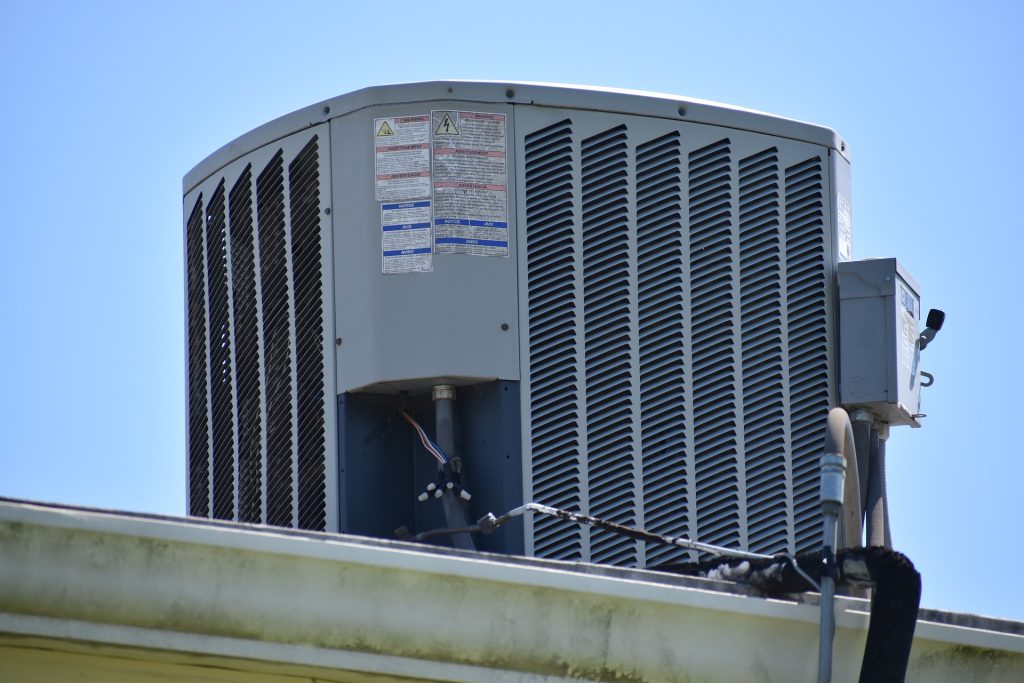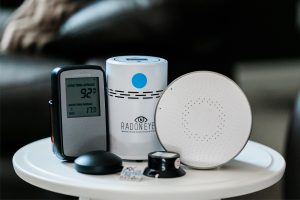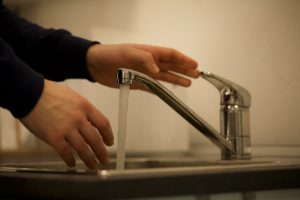Most people haven’t taken an in-depth look at what makes a filter a HEPA grade or true HEPA grade filter and the differences between them. This is pretty understandable, but it’s important to properly compare Hepa vs. true HEPA to decide which one you want to use in your home.
There may never be a more important time in your life than right now to worry about the quality of the air that you’re breathing. When looking at air purifiers, whole-home air filters, even vacuum cleaners, you will see words like HEPA, true HEPA, or HEPA-like. What is HEPA, and what does it mean for your air? What is the difference between HEPA and true HEPA? We’ll aim to answer that.
Throughout this article, we will discuss what HEPA is, what it means, and what you need to know to decide your next air cleaning device.
Understanding industry standards
Whether you are a facilities manager, medical professional, small business owner, or homeowner you should understand the importance of Indoor Air Quality, (IAC). It is an ever-increasing issue, especially with the effects of the worldwide pandemic over the last several years. Everything from car exhaust fumes to pollen and other allergens can enter our home every day. Without proper filtration or air exchange, all those pollutants are trapped in our home. The professionals at Clover Contracting know exactly how important air purification can be.
The commercial industry standard for rating filtration abilities uses the MERV scale. The MERV scale is a scale from 1 to 20, with 1 being the lowest filtration level and 20 being the highest. In other words, 1 is the least dense filter, 20 is the densest. The CDC has recommended that you use at least a MERV 13 rated filter to help eliminate germs, allergens, and other pollutants, including the COVID-19 virus.
What is a true HEPA filter?
First, what does HEPA stand for? This term means High Efficiency Particulate Air, and any filtration device capable of a certain standard of filtration is given a HEPA rating. HEPA filters were first created in the 1940’s by the Department of Energy, (DOE). The filters were created to filter nuclear debris caused by nuclear testing during the Manhattan project. Nowadays, this technology is used to keep our air clean and safe to breath from all kinds of pollutants
True HEPA filters as defined by the DOE must be able to filter out at least 99.7% of contaminants down to 0.3 microns. That means that for every 10,000 particles that come at the filter, only three of them will be able to get through it. Another example is that a single strand of human hair is anywhere from 80-100 microns in diameter, and only the particulates that are 0.3 microns or less can get through the true HEPA filter.
This means even the filter caught the tiniest particles like pet hair, pollen, allergens, germs, pet dander, viruses, and mold. This would take all these potentially harmful contaminants out of the air and away from your lungs, allowing you to breathe easier. Alongside air scrubbers and purifiers, your filter is important for keeping your air quality at acceptable levels.
What is a HEPA filter?
Due to licensing issues, poorer quality filter manufacturers have been able to style their products as HEPA filters, or HEPA-like filters, and boast that they have a 99.7% filtration rate. This makes distinguishing between true HEPA vs. HEPA that much more confusing for consumers.
HEPA and HEPA-like filter manufacturers can make some very misleading claims, as they do have a 99.7% filtration rate, but only for particles down to two microns. This is a much larger particle size compared to the true HEPA that can filter all the way down to 0.3 microns. When looking at a filter, you should check to see what the smallest micron filtration is listed; do not go on the percentage alone.
You will be able to find the knock off HEPA filters in things such as vacuums, compact and lower priced air purifiers, and lower grade whole home air filters. You will have to move up to larger and more expensive air purifiers and other items to find the true HEPA filters.
What is a HEPA filter made from?
Another factor to consider between HEPA vs. true HEPA is the materials they’re made from. Most common true HEPA filters are made from plastic fibers (polypropylene), fiberglass, or borosilicate glass fibers, bonded together with an acrylic binder to restrict the particles that can get through. These sheets are folded on themselves to increase the layers and the chances of catching all the particles. This usually results in around 2,500 layers at the time of completion.
HEPA and HEPA-like filters are made with less expensive materials and aren’t constructed as meticulously, making them cheaper and worse at filtering out particles.
How does a HEPA filter work?
As the air moves through the HEPA filter carrying all the unwanted particles from your home, they will get caught several ways. Direct impaction will occur when the particles collide with the fibers head on. Diffusion is when the ultrafine particles moving randomly and rapidly are caught. Sieving when the large particles are unable to pass through the small holes. And interception, when the air pushes the particles around the fibers until the particles are eventually snatched.
This allows only the pure air to get through your filter, leaving you with a far better indoor air quality. A better IAQ will help with things like coughing, wheezing, runny nose, headaches, and more.
Where are True HEPA filters used?
True HEPA filters are going to be used in places like medical facilities and computer rooms at all times. Places such as disk manufacturers and pharmaceutical manufacturers will also solely use true HEPA filters. Other places such as public businesses, government buildings, and other public places will use the filters at their discretion.
While using a HEPA filter in a business is not necessary, it may be a good idea to go the extra mile and provide your customers with quality air to breathe in. When deciding True HEPA vs. HEPA, you have to consider what you are filtering.
HEPA vs. TRUE HEPA
As we have found out HEPA is a similarly designed filter to a true HEPA filter that is unable to perform as well. They are found in small cheap purifiers and are not to be relied on. While true HEPA filters are capable of filtering particulates down to 0.3 microns and are found in larger and higher cost purifiers. Depending on what you need the filter for will depend on which one you need. Cleaning up debris will be perfectly acceptable for a HEPA filter unit.
But if you use a filter for something like an operating room, you will need a true HEPA every single time – there’s no competition between HEPA type and true HEPA filters. The professionals at Clover Contracting are always happy to help you figure out what kind of air filtration you need.




